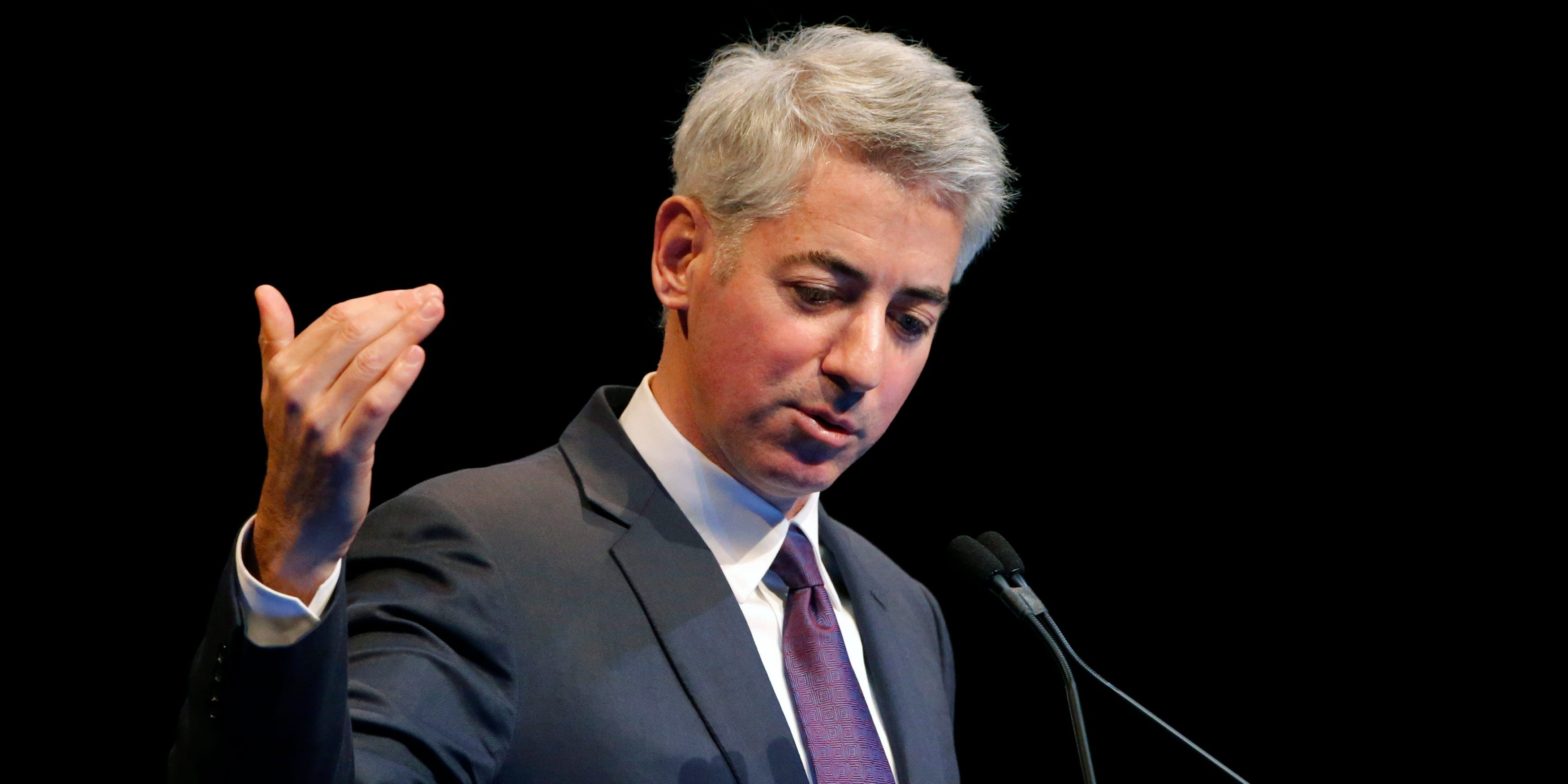Bill Ackman warned the Fed that slowing inflation to its 2% target is no longer realistic. He raised the prospect of a “deep, job-destroying recession” if the Fed tries to hit its goal. The billionaire investor argued a 3% target would foster greater economic growth and employment. Loading Something is loading.
Thanks for signing up!
Access your favorite topics in a personalized feed while you’re on the go.
The Federal Reserve risks tanking the US economy if it tries to wrestle inflation back down to its target rate of 2% a year, and should embrace a 3% goal instead, Bill Ackman has said.
The billionaire investor and Pershing Square boss argued that several structural forces are exerting upward pressure on prices, making a 2% target unrealistic. He pointed to deglobalization, the transition from fossil fuels to renewable energy, rising wages, and shorter supply chains as inflationary drivers going forward.
“The @federalreserve 2% inflation target is no longer credible,” he tweeted on Wednesday. “Businesses need price stability, but can thrive in a world with 3% stable inflation.”
Ackman warned that attempting to force inflation down to 2% would likely cause the economy to shrink and unemployment to spike.
“I don’t think the @federalreserve can get inflation back to 2% without a deep, job-destroying recession,” he said.
“Even if it gets back to 2%, it won’t remain stable there for the long term,” he continued. “Accepting 3%+/- inflation is a better strategy for a strong economy and job growth over the LT,” he added, using an acronym for “long term.”
Inflation soared to a 40-year high of 9.1% in June, and remained above 7% in November. Experts have attributed the surge to aggressive fiscal and monetary stimulus during the pandemic, the economy reopening, and ongoing supply disruptions caused by Russia’s invasion of Ukraine and China’s rolling lockdowns.
The Fed has responded by hiking interest rates from nearly zero in March to a 15-year high of over 4% today, in an effort to cool the economy and slow the pace of price increases. However, the double-whammy of rapidly rising prices and borrowing costs threatens to squeeze consumers and businesses, dragging the US economy into recession.
Ackman’s latest tweets echo his warning in November that investors are too optimistic that inflation will retreat to 2%. He cautioned stubborn price increases could mean higher long-term interest rates, which might weigh on stock valuations.
Notably, Ackman’s Pershing Square fund has made about $5 billion in profits within the past three years by hedging the pandemic crash and interest-rate hikes.
